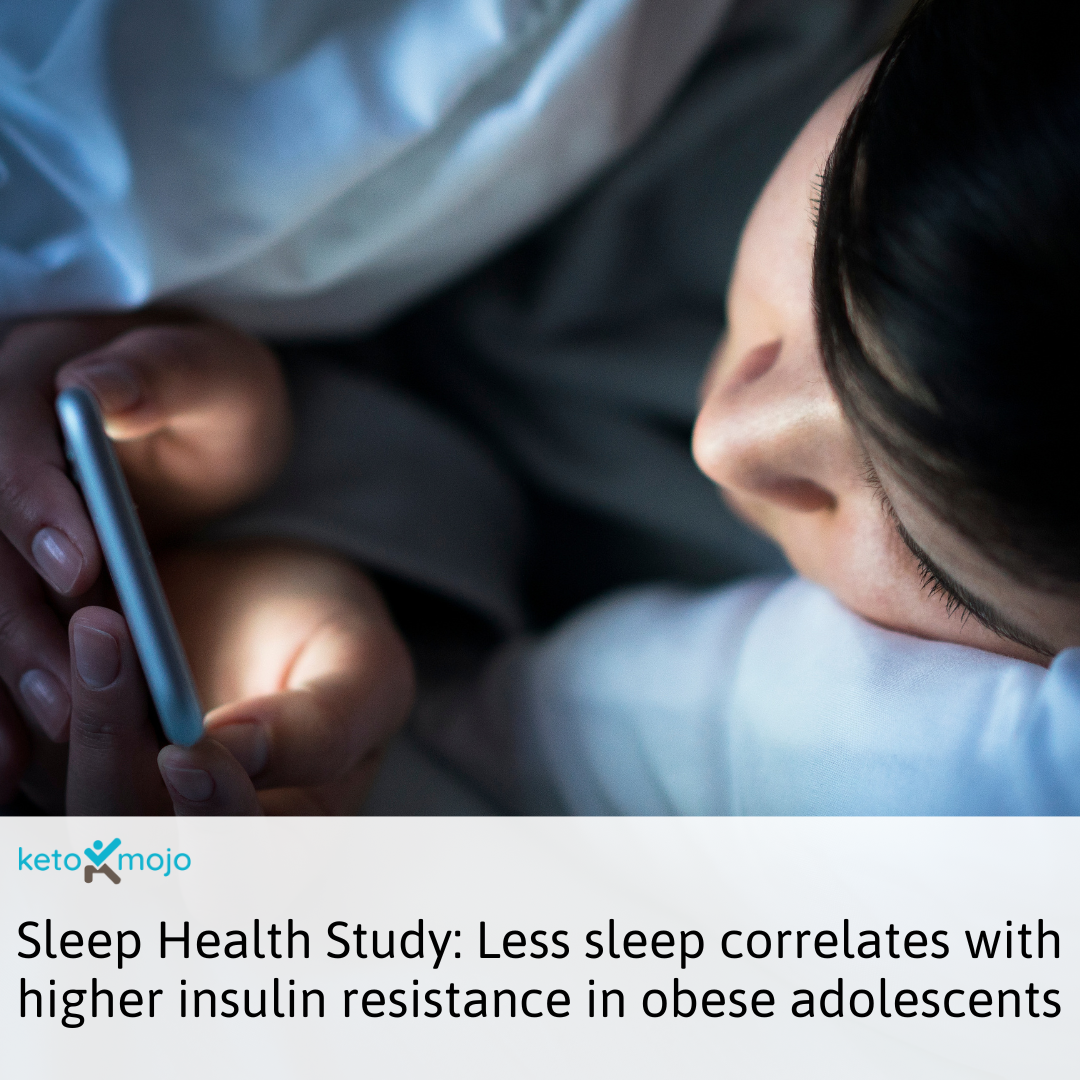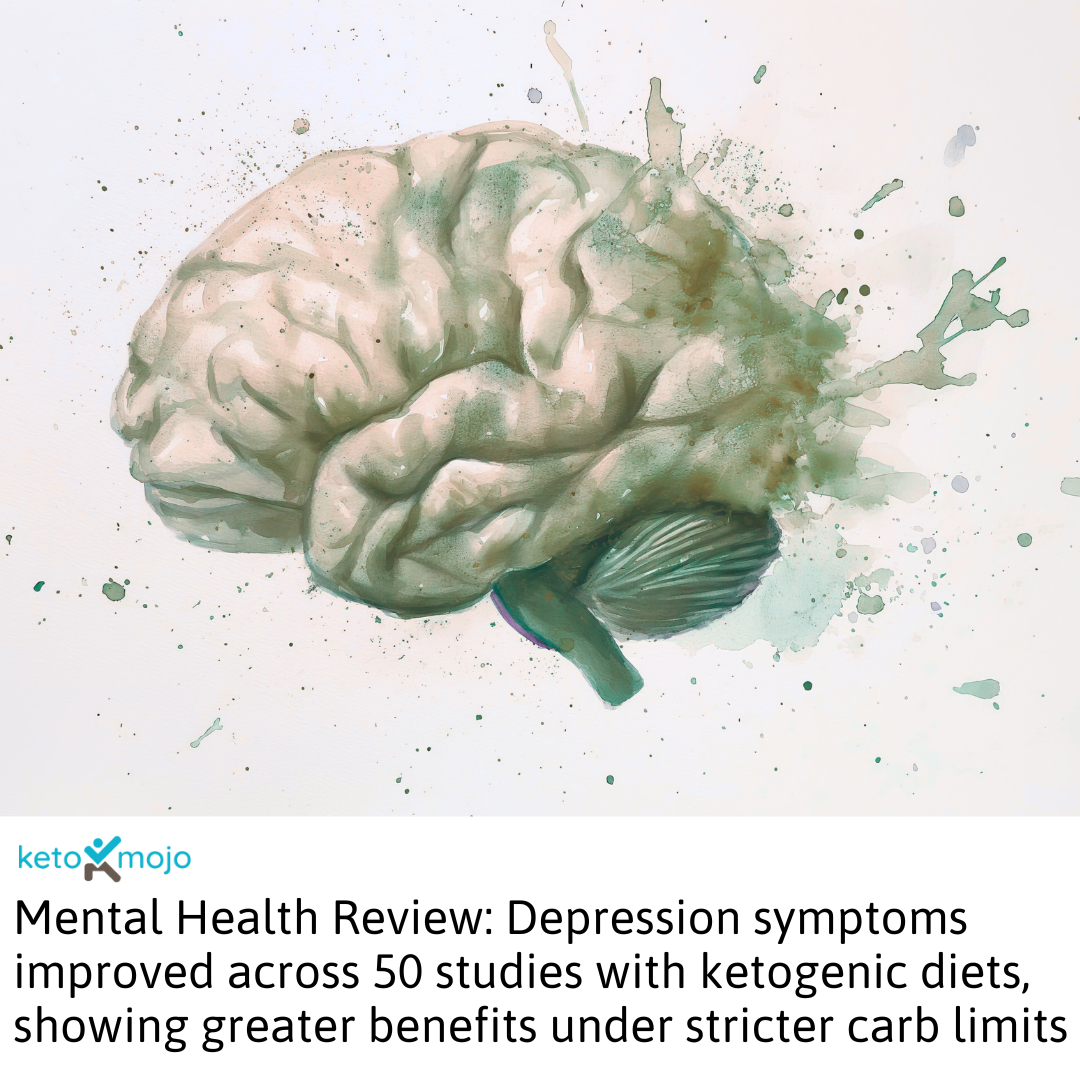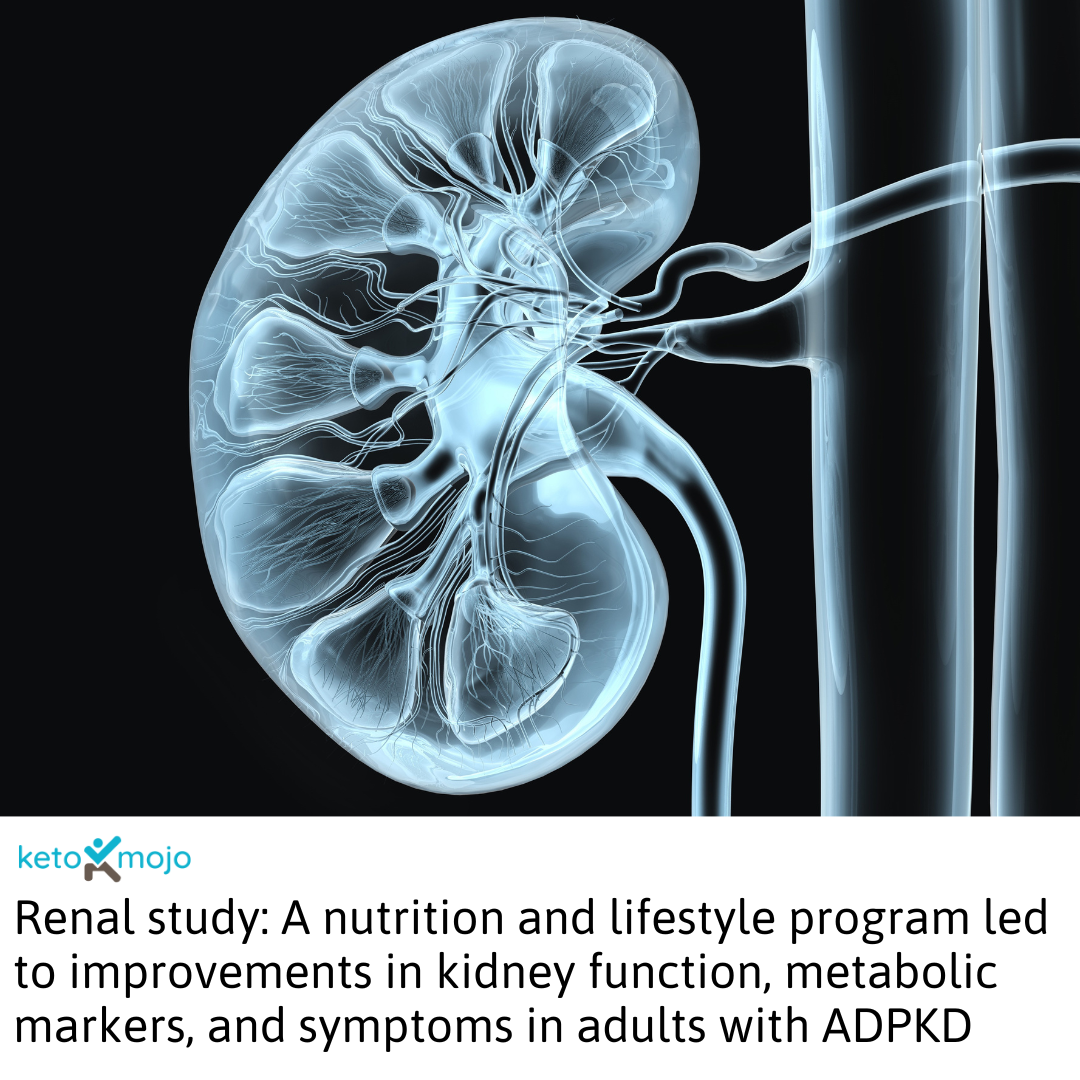General Health, Metabolic Syndrome, Obesity
Sleep duration and insulin resistance in obese adolescents with metabolic syndrome: is there a correlation?

🔬 Sleep Duration and Insulin Resistance in Obese Adolescents 🛌
A recent study by Widjaja et al. (2023) investigates the relationship between sleep duration and insulin resistance in obese adolescents with metabolic syndrome. With 124 participants aged 13-18, this research provides valuable insights into how sleep impacts metabolic health.
Key Findings:
- Age & Sleep: Older adolescents (16-18) tend to sleep less, negatively affecting insulin levels.
- Insulin Resistance: Adolescents sleeping less than 8 hours had significantly higher fasting insulin levels and HOMA-IR values.
- Negative Correlation: A strong negative correlation between sleep duration and insulin resistance was found.
Additional Observations:
- Factors like age, academic tasks, and social activities reduce sleep in older adolescents.
- Hormonal changes, including lower melatonin and altered levels of leptin and ghrelin, influence sleep and metabolic health.
Conclusion: Adequate sleep is crucial in managing insulin resistance and metabolic health in obese adolescents with metabolic syndrome.






